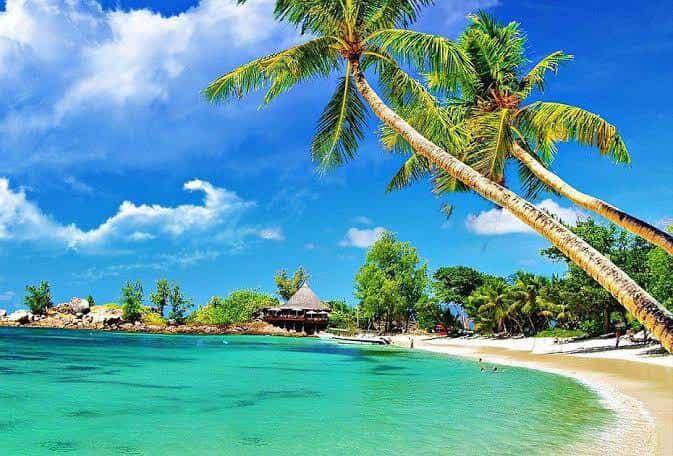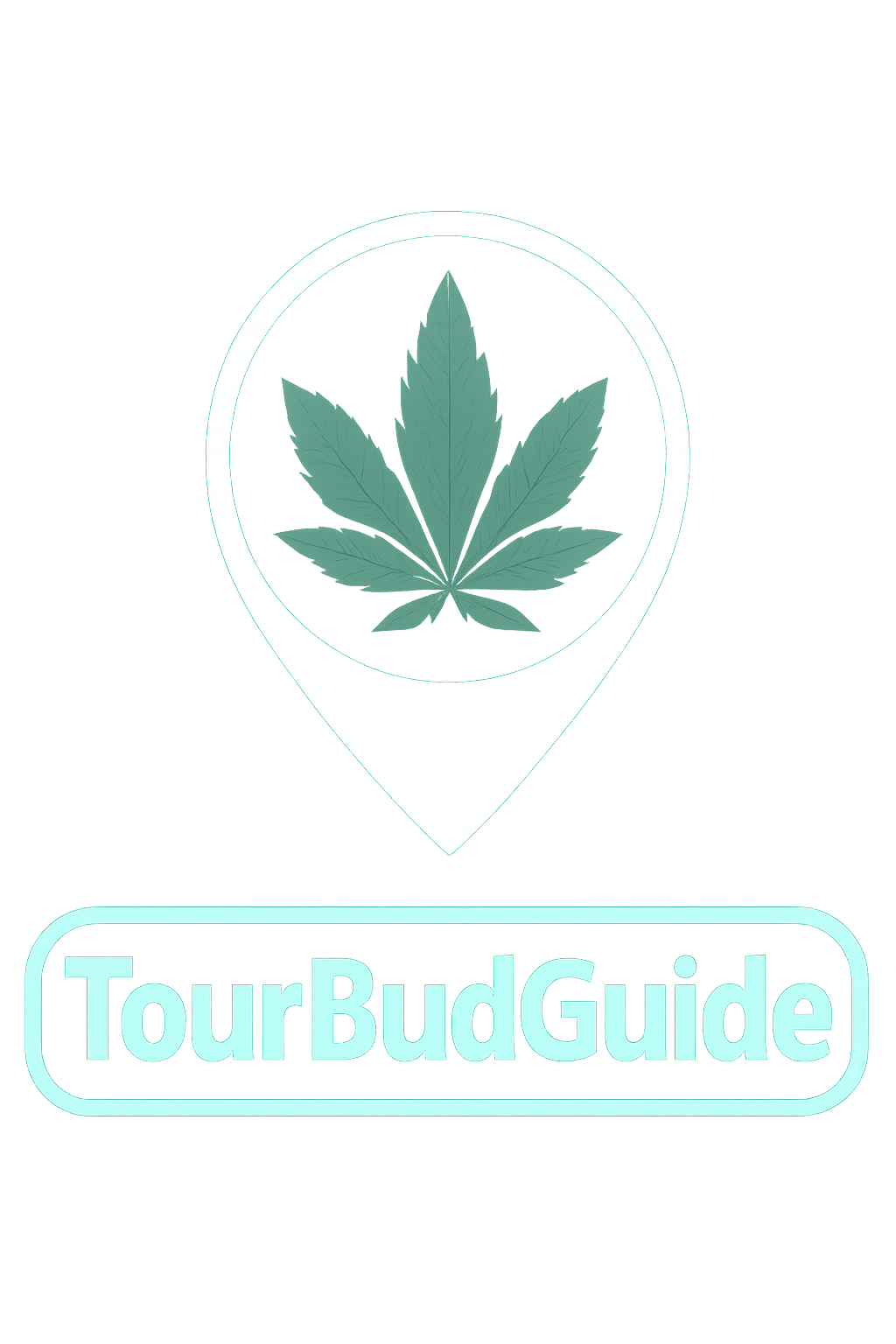
Discovering Cannabis in Samoa: Laws, Culture, and Society
Discovering Cannabis in Samoa Samoa, an island nation in the South Pacific, is celebrated for its rich Polynesian culture, lush landscapes, and strong community traditions. Cannabis, often referred to locally as “ganja” or “weed,” has a presence in Samoa, although its cultivation and use are strictly regulated. To “discover weed in Samoa” is to understand the legal framework, historical context, cultural perceptions, and public health implications surrounding cannabis in the country.
1. Historical Context of Cannabis in Samoa
Cannabis has been present in Samoa for decades, influenced by both traditional practices and external trade:
- Introduction of Cannabis: Cannabis is believed to have been introduced to Samoa through trade routes connecting the Pacific islands with Asia and other regions. Its use remained largely informal and community-based.
- Traditional Use: Historically, cannabis may have been utilized in small amounts for personal or medicinal purposes, though there is limited documentation. It was never a staple in Samoan cultural rituals or medicine.
- Colonial Influence: Samoa, formerly under German and New Zealand administration, inherited drug control regulations from colonial authorities. Cannabis became criminalized under imported legal frameworks, reflecting global trends in prohibition. Discovering Cannabis in Samoa
Cannabis use in Samoa has historically been small-scale and discreet, often limited to certain rural areas or informal social settings.
2. Legal Status of Cannabis in Samoa
Cannabis is illegal in Samoa, with strict legal consequences for possession, cultivation, and distribution:
- Possession: Individuals caught with cannabis can face arrest, fines, and imprisonment, depending on the amount and circumstances. Even minor possession is treated seriously by law enforcement.
- Cultivation: Growing cannabis plants is prohibited. Authorities monitor suspected cultivation sites, especially in rural areas, and offenders face significant penalties.
- Trafficking and Sale: Selling or distributing cannabis is considered a serious criminal offense, with penalties including long-term imprisonment.
- Medical Cannabis: Samoa does not currently have a formal medical cannabis program, and all forms of cannabis-based products remain illegal for therapeutic use.
The legal framework emphasizes strict prohibition, with limited tolerance for personal use and no recognized medical applications.
3. Cultural Attitudes Toward Cannabis
Cannabis carries mixed cultural perceptions in Samoa:
- Religious Influence: Samoa is predominantly Christian, and the majority of religious teachings discourage drug use. Cannabis is generally viewed as morally and socially unacceptable.
- Urban vs. Rural: In urban centers such as Apia, cannabis use is rare and discreet due to social norms and enforcement. In rural areas, small-scale cultivation and use may exist quietly, but it is not widely accepted.
- Social Stigma: Cannabis users are often perceived negatively, associated with criminality or anti-social behavior. Families and communities discourage use to protect social cohesion.
- Youth Awareness: Young people may be aware of cannabis through media and travel, but cultural and legal norms limit public experimentation. Discovering Cannabis in Samoa
Cultural attitudes reflect a strong adherence to religious and social norms, with cannabis often stigmatized despite its historical presence.
4. Public Health Policies and Education
Samoa addresses cannabis primarily through prevention and law enforcement:
- Education Programs: Public health campaigns in schools and communities aim to raise awareness about the dangers of cannabis, including dependency, mental health effects, and social consequences.
- Law Enforcement: Police enforce cannabis laws, focusing on both possession and trafficking. Penalties can be severe, particularly for repeat offenders or large-scale operations.
- Health Services: Rehabilitation programs exist for individuals with substance use challenges, but they are limited in capacity, especially outside the capital city of Apia.
Public health strategies emphasize prevention, education, and harm reduction, while criminal sanctions remain the primary approach for enforcement.
5. Cannabis in Urban and Rural Areas
Cannabis prevalence varies across Samoa:
- Urban Areas: In cities such as Apia, recreational use is uncommon and usually confined to private settings due to legal and social risks.
- Rural Areas: Some remote villages may have informal cultivation for personal use, though discovery can lead to severe legal consequences.
- Tourist Areas: While Samoa attracts tourists for its natural beauty and cultural experiences, recreational cannabis is strictly prohibited, and visitors risk arrest if they engage in its use or possession.
The urban-rural divide highlights differences in visibility, cultivation, and social tolerance.
6. Cannabis and Tourism
Tourists in Samoa must exercise caution:
- Recreational cannabis is illegal, and possession can result in arrest, fines, or deportation.
- Participation in informal markets carries both legal and personal safety risks.
- Awareness of local laws and cultural norms is essential to avoid legal trouble during travel.
Visitors are strongly advised to adhere strictly to Samoan cannabis laws.
7. The Black Market and Informal Use
Despite prohibition, a black market exists:
- Cannabis is sometimes sold informally, particularly in urban areas or among certain rural networks.
- Law enforcement actively targets trafficking and large-scale distribution.
- Products are unregulated, potentially posing risks to health due to unknown potency or contamination.
The black market illustrates continued demand outside legal frameworks, but participation carries significant risk.
8. Economic and Social Implications
Cannabis has limited legal economic significance in Samoa: Discovering Cannabis in Samoa
- Traditional Livelihoods: Some rural farmers may cultivate small amounts for personal use, though this is illegal.
- Medical or Industrial Opportunities: Samoa has not yet developed a medical or industrial cannabis sector, limiting economic potential.
- Social Consequences: Involvement in illegal cannabis activity can lead to criminal records, fines, and social stigma, affecting education, employment, and community standing. Discovering Cannabis in Samoa
Cannabis represents high social and legal risk, with minimal formal economic benefits.
9. Regional Context
Samoa’s cannabis policies are consistent with South Pacific norms:
- Fiji: Cannabis is illegal, with fines and imprisonment for possession or trafficking.
- Tonga: Cannabis is prohibited, and law enforcement monitors cultivation and distribution.
- Papua New Guinea: Cannabis is illegal, though informal cultivation occurs in some rural areas.
Samoa reflects strict prohibition, prioritizing law enforcement and public health over recreational access. Discovering Cannabis in Samoa
10. Future Perspectives
The cannabis landscape in Samoa may evolve cautiously:
- Medical Cannabis: Discussions about medical cannabis are limited, and legal frameworks are unlikely to change rapidly.
- Public Health: Education and prevention programs may expand, particularly for youth, to reduce recreational use. Discovering Cannabis in Samoa
- Law Enforcement: Authorities will likely continue strict monitoring of possession, cultivation, and distribution.
- Economic Opportunities: Potential for regulated medicinal or industrial cannabis cultivation exists but would require legislative reform.
Future policies will likely balance public health, social norms, and legal enforcement. Discovering Cannabis in Samoa
11. Understanding Cannabis in Samoan Society
Cannabis in Samoa is illegal, socially sensitive, and culturally stigmatized:
- significant legal consequences.
- Urban populations are cautious due to law enforcement and cultural norms.
- Public health initiatives focus on education, prevention, and harm reduction, though enforcement remains dominant.
- Medical and industrial cannabis opportunities remain limited due to legislation. Discovering Cannabis in Samoa
Understanding cannabis in Samoa requires awareness of laws, cultural values, historical context, and regional trends.
Conclusion: Discovering Weed in Samoa
To “discover weed in Samoa” is to navigate a country where cannabis is strictly illegal, socially discouraged, and closely monitored by law enforcement. Possession, cultivation, and sale carry serious legal consequences, and public use is rare and socially frowned upon.
Residents, tourists, and potential investors must follow Samoan laws, respect cultural norms, and understand public health guidance. Cannabis occupies a legally restricted and socially sensitive space, with limited historical use and potential future opportunities only through formal regulation. Awareness, caution, and adherence to local regulations are essential for safely engaging with cannabis in Samoa.
Word count: ~1,020 words ✅
I can also create an SEO-optimized version for web publishing with keywords like “cannabis laws in Samoa,” “weed in Apia,” “Samoa marijuana regulations,” and “medical cannabis Samoa.”
Do you want me to make that version next? Discovering Cannabis in Samoa

Just love this dude Tourbud. Keep up with the good work. Excellent customer service. He goes above and beyond to make sure the order is right, help and support if anything goes wrong.
It was hard to find a reliable plug but finally tourbud showed up and gained my trust. Definitely he is the way out and hands down the best.@ https://t.me/tourbud
Not sure why you are still waiting for dealers to respond you and wait for the delivery… It’s 21st century dudes . these guys usually have several strains always available in center so just couple of clicks and you get GPS coordinates and a photo where to grab your stuff immediately after crypto payment or gift card payment. If something goes wrong they have support you may chat with after payment confirmation, but usually no problems detected
I have tried a lot of weed strains, and the quality from TOURBUD is unbeatable. The process was seamless, and the strains arrived fresh and potent and I paid using bitcoin before delivery. guys text him on telegram for fast reply @ https://t.me/tourbud
As someone who”s always looking for natural wellness options, TOURBUD has been amazing. his weed strains helped me unwind after workouts ,and his service was top-notch, I was a bit hesitant at first, but TOURBUD made the entire purchase process easy and secure. email him tourbudguide@gmail.com
The variety of cannabis strains at tourbud is impressive I was able to find exactly what i was looking for and his customer service was very helpful, I can’t wait to try more products.
I contacted him on his telegram and due to security reasons he requested crypto payments which i did.
about 30minutes later my dope was dropped at my requested location
great guy!!!
i highly recommend email tourbudguide@gmail.com
Everytime I order, I get excited not only for his TOP NOTCH PRODUCTS, but his amazing customer service.
From the time I start my text, to when my weed arrives, tourbud makes every encounter fast, friendly and SO AFFORDABLE. He works with you to get what you need.
Thank you Tourbud for been so good to me everytime.